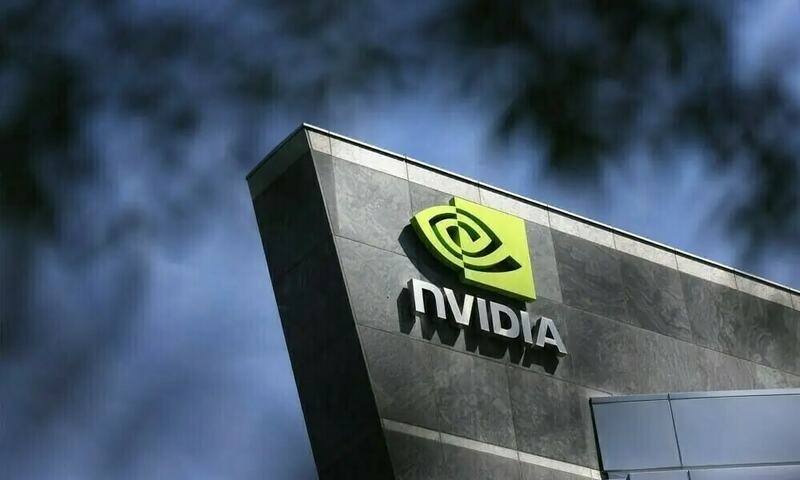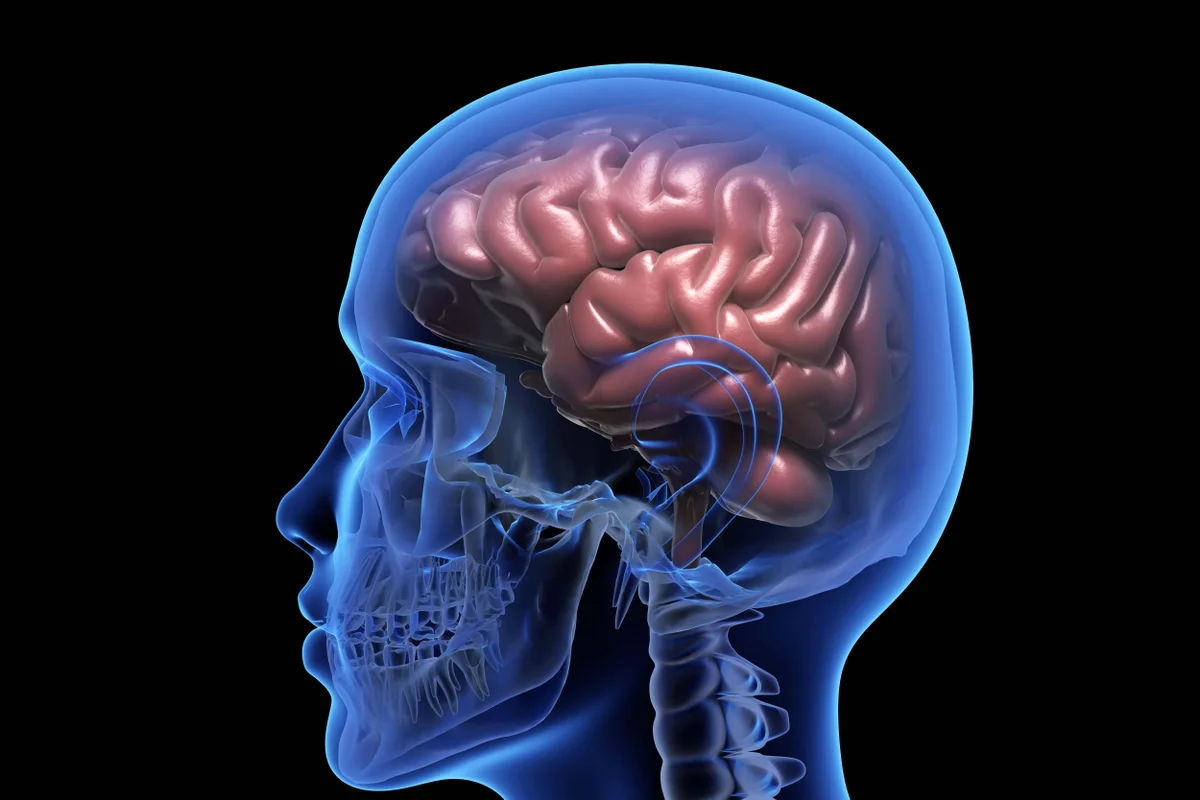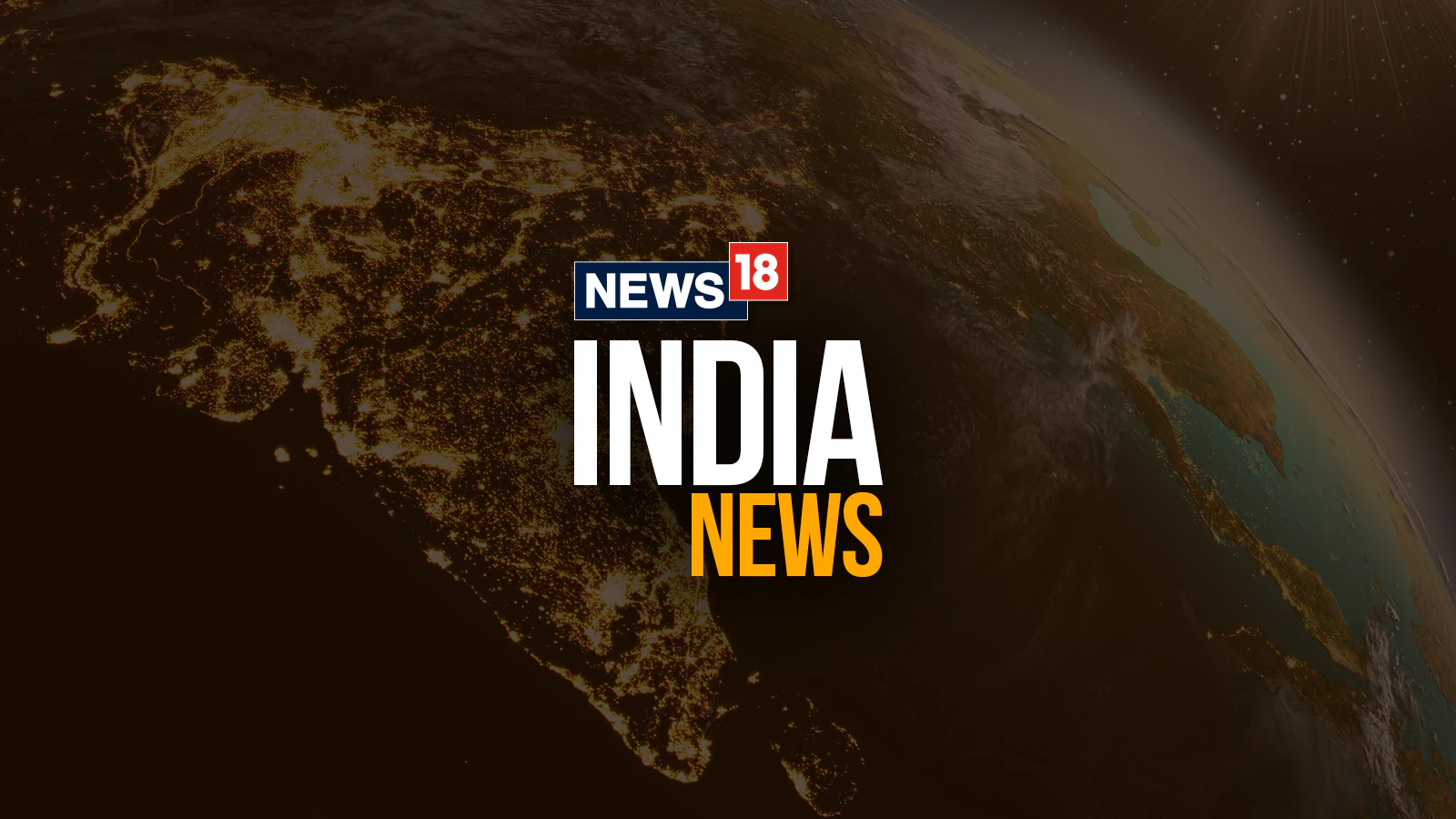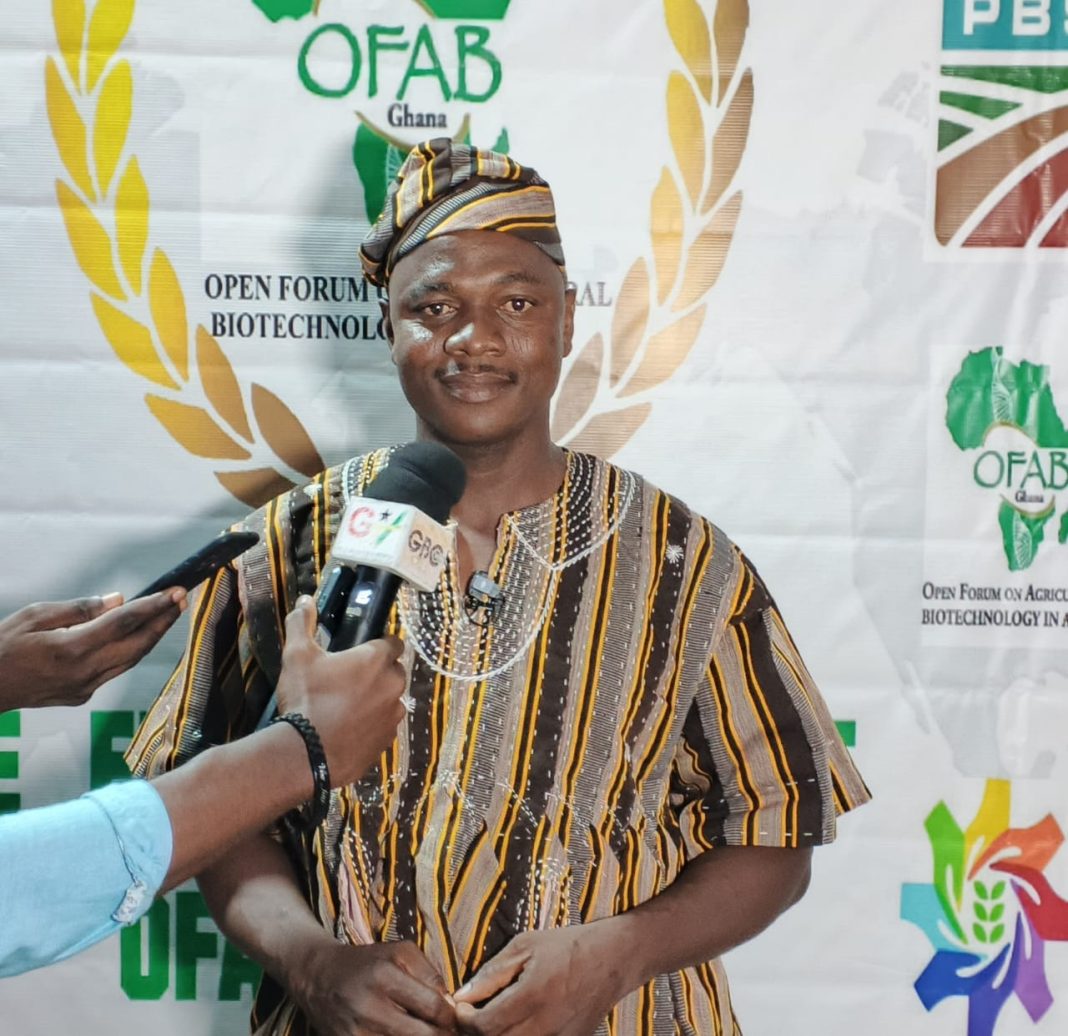Copyright ghanamma

A GNA Feature by James Amoh Jnr, GNA Accra, Nov. 1, GNA – When President Frank-Walter Steinmeier of Germany arrives in Accra on Sunday, November 2, 2025, for a three-day state visit, it will not be just another diplomatic engagement. It will be a reaffirmation of a friendship built on mutual trust, shared democratic ideals, and decades of cooperation in peacebuilding, trade, and sustainable development. The visit, the first by a German Head of State since Ghana’s return to constitutional rule, highlights the strategic importance both countries attach to their partnership at a time when global challenges such as energy transition, youth employment, and regional stability call for stronger alliances. A visit anchored on cooperation An official statement from the Office of the President said the German leader’s visit will formally begin on Monday, November 3, with a Guard of Honour at the Jubilee House, followed by a closed-door meeting between President Steinmeier and President John Dramani Mahama. The two leaders will later lead their delegations in bilateral discussions focused on strengthening relations in trade, investment, technology, and development cooperation. A State Luncheon at the Presidential Banquet Hall will celebrate the occasion. The German President will then visit the Kwame Nkrumah Memorial Park, where he will lay a wreath at the tomb of Ghana’s first President, symbolising Germany’s respect for Ghana’s pivotal role in Africa’s independence movement. His engagements will also include an interaction with young Ghanaian IT professionals and a reception at the German Ambassador’s residence. On the third day, President Steinmeier will travel to Kumasi, where he is expected to perform a sod-cutting ceremony at the Kumasi Technical Institute, visit the Kwame Nkrumah University of Science and Technology (KNUST) and the Kumasi Centre for Collaborative Research, and pay a courtesy call on the Asantehene, Otumfuo Osei Tutu II, at the Manhyia Palace. Ghana-Germany bilateral relations Relations between Ghana and Germany have long been characterised by mutual respect and productive engagement. Ghana’s inclusion in the G20 Compact with Africa, initiated under Germany’s presidency in 2017, underscored its role as a key partner in West Africa. The Compact aims to promote private investment, economic growth, and job creation across Africa, and Ghana has emerged as one of its most successful participants. Over the past decade, regular high-level visits have further solidified this cooperation. President John Dramani Mahama, attending the Munich Security Conference in Germany as Chairperson of the Tana Forum in February 2025, reaffirmed Ghana’s commitment to deepening its longstanding partnership with Germany. President Mahama commended Germany’s enduring support, particularly through contributions to the Kofi Annan International Peacekeeping Training Centre and capacity-building initiatives, stressing that Ghana remained determined to strengthen cooperation in economic development, technology, and regional stability. Former President Nana Addo Dankwa Akufo-Addo visited Germany for the Hamburg Sustainability Conference and the Munich Security Conference in 2024. Chancellor Olaf Scholz’s 2023 visit to Ghana with a business delegation deepened trade and investment discussions. In 2023 alone, Germany’s imports from Ghana reached €241.3 million, while exports totalled €251.6 million, covering machinery, chemical products, and foodstuffs. Ghana’s exports, mainly agricultural goods and raw materials, continue to find a stable market in Germany, strengthening trade relations that have spanned generations. Partnerships in development, transformation Germany remains one of Ghana’s most reliable development partners. Through the Deutsche Gesellschaft für Internationale Zusammenarbeit (GIZ), the Kreditanstalt für Wiederaufbau (KfW), and the German Investment and Development Company (DEG), it supports a broad portfolio of programmes in energy, governance, and vocational training. At government negotiations in Berlin in November 2023, Germany pledged €149.7 million in new support for Ghana, €109 million in financial cooperation, €36.9 million in technical cooperation, and €3.8 million under the special initiative “Decent Work for a Just Transition.” The projects focus on renewable energy, vocational training, private sector growth, and strengthening local governance. Germany is also the largest supporter of the Kofi Annan International Peacekeeping Training Centre (KAIPTC) in Accra, which provides training for peacekeepers from across Africa. Beyond peace and security, German cooperation has extended into healthcare, digital innovation, and local vaccine production, key areas for Ghana’s post-pandemic recovery. Education, culture, and innovation The relationship between the two countries goes beyond government agreements, it thrives on educational, cultural, and people-to-people exchanges. The German Academic Exchange Service (DAAD) supports more than 60 university partnerships, enabling research collaboration and scholarships for Ghanaian students. The Goethe-Institut in Accra serves as a hub for cultural exchange, language instruction, and creative collaboration. Two major political foundations, the Friedrich-Ebert-Stiftung (FES) and Konrad-Adenauer-Stiftung (KAS) also have offices in Accra, fostering democratic governance and political dialogue. The Delegation of German Industry and Commerce, established in 2011, and Germany Trade and Invest, which opened in 2014, further connect German businesses to Ghana’s growing markets in renewable energy, manufacturing, and digital technology. Frank-Walter Steinmeier: A Statesman of democracy At the centre of this renewed engagement is President Frank-Walter Steinmeier, a seasoned diplomat and scholar whose public life has been dedicated to promoting understanding and dialogue. Born on January 5, 1956, in Detmold, Steinmeier studied law and political science at Justus Liebig University in Giessen, where he later earned a doctorate in law. His early academic work focused on housing rights, a reflection of his lifelong advocacy for social justice. His career in politics began in Lower Saxony, where he served as Head of Office to then–Minister-President Gerhard Schröder, before moving to the Federal Chancellery in Berlin. He served twice as Germany’s Minister for Foreign Affairs and once as Deputy Chancellor, roles in which he was widely praised for his pragmatic diplomacy and ability to mediate complex global issues. Elected as Germany’s twelfth President in February 2017 and re-elected in 2022, Steinmeier has used his presidency to promote democratic resilience and public participation. His signature initiative, the Forum Bellevue on the Transformation of Society, brings together thinkers, policymakers, and citizens to debate pressing global issues such as artificial intelligence, education, and climate change. Known for his humility and quiet strength, Steinmeier has earned numerous international awards, including the Willy Brandt Prize and the Henry A. Kissinger Prize, and holds honorary doctorates from several universities worldwide. His leadership embodies Germany’s commitment to peace, dialogue, and cooperation, values deeply aligned with Ghana’s foreign policy. A shared vision for the future As Germany’s President meets Ghana’s leaders, students, and innovators, his visit will reaffirm the shared vision that binds the two nations, a vision rooted in democracy, mutual respect, and the belief that progress is most meaningful when it is shared. For Ghana, the visit signals continued recognition as a stable and forward-looking partner in Africa. For Germany, it reinforces a long-standing commitment to collaboration that empowers local innovation and supports sustainable development. When President Steinmeier departs Accra on November 4, the imprints of his engagements will linger, not just in the corridors of diplomacy, but in the partnerships and human connections that continue to grow between Berlin and Accra. In a world of shifting alliances, the Ghana–Germany friendship stands as a quiet but enduring example of cooperation built on trust, shared values, and a common future. Edited by Christian Akorlie



